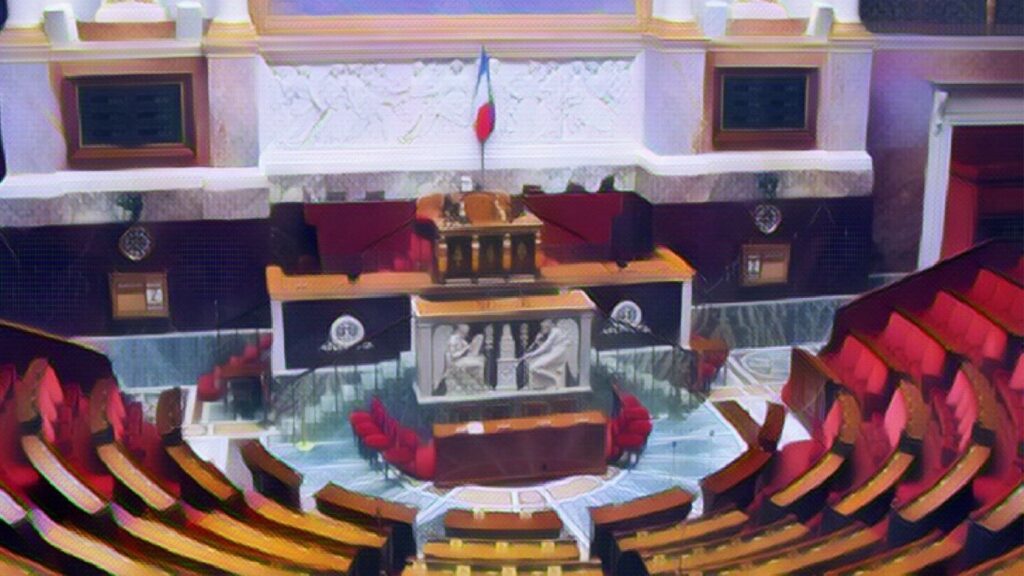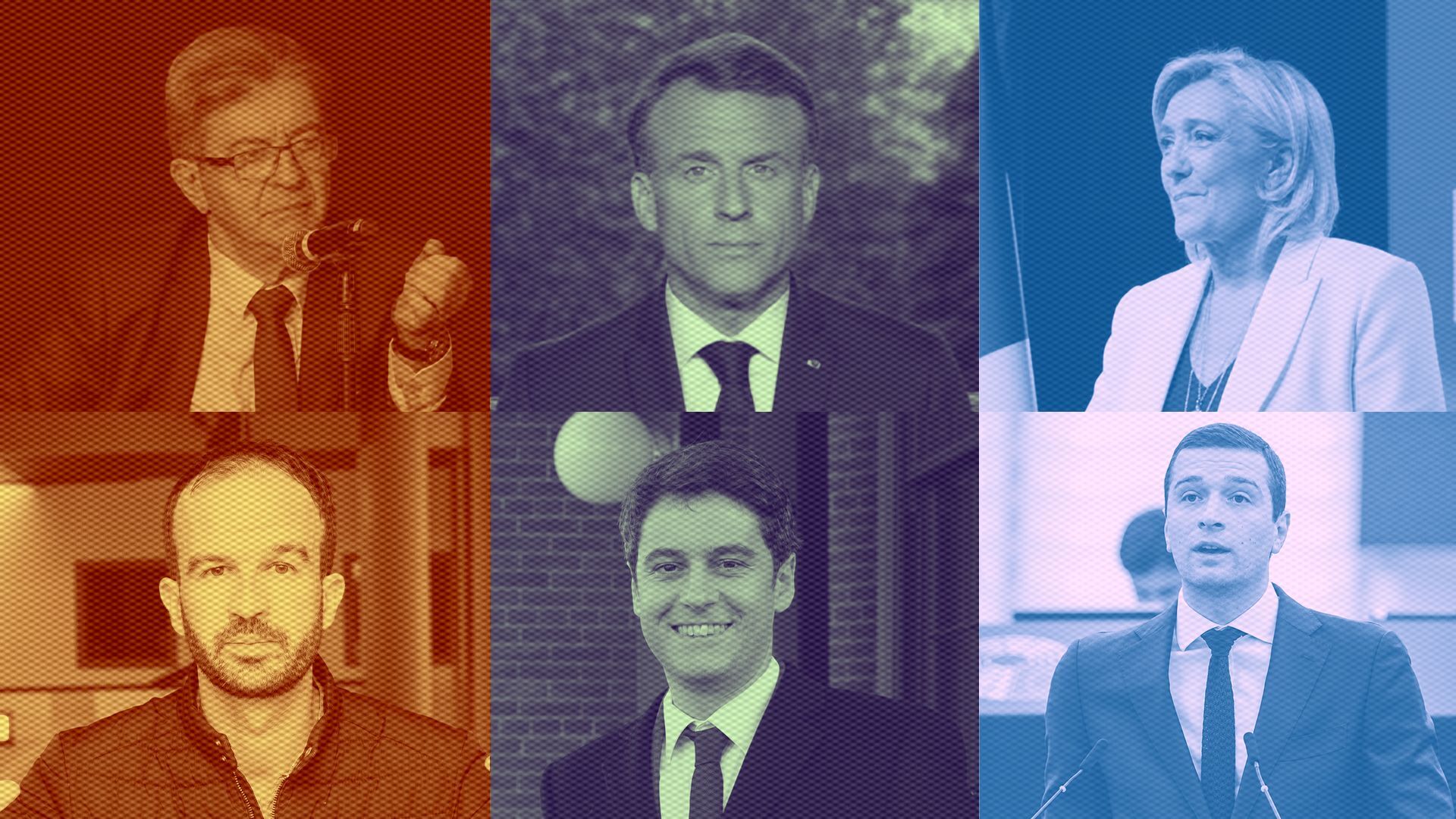On June 30, 2024, the first round of the legislative elections will take place. But, from the day before, voters will be invited to remain silent on the Internet and no longer make political propaganda, whether on Facebook, X or YouTube. This also applies to candidates, political parties and activists.
The first round of the legislative elections will take place on June 30, 2024, just three weeks after the dissolution of the National Assembly decided by Emmanuel Macron. Given the extremely tight deadlines for political parties, the campaign was carried out vigorously. The second round is scheduled for July 7.
Advertisement
Given the stakes of the election, the temptation will be great for parties and activists to mobilize until the end to convince voters to vote for their candidates. Indeed, the far right appears in a very favorable position to arrive in force in Parliament.
Silence is expected from the day before the legislative elections
However, this is taking a risk: in fact, the electoral code provides in its article L49 a rule which prohibits any electoral propaganda. This instruction is triggered the day before the election, at midnight. For the vote on June 30, this means that on June 29, from midnight, there will in principle be silence.
Within the framework of article L49, it is notably prohibited to “ disseminate or cause to be disseminated by any means of communication to the public electronically any message having the character of electoral propaganda “. Clearly, we must stop promoting our party or candidate on the Internet, regardless of the channel used.
Other requirements are recorded in this article of law: one must not hold an electoral meeting, do leafleting, or telephone, automatically or not, to voters to encourage them to vote for one's side. These rules are old: the first of them were enacted in 1964, and subsequently supplemented.
Advertisement

These instructions apply to candidates and the teams behind them, as well as to activists and, more generally, to individuals. This is what the Constitutional Council considers, one of whose missions is to ensure the smooth running of national elections. In a 2022 articlethe institution indicated:
” These limitations or prohibitions are particularly imposed on those who have both an interest in influencing the electorate and the means to do so (…) Citizens are also not exempt from respecting these rules. It is therefore preferable to refrain from any propaganda activity the day before and on election day. »
The Constitutional Council also added “cThese provisions aim to guarantee the sincerity of the vote and to avoid any form of untimely pressure on voters. » And when the election is very close, there are stricter limitations and prohibitions that are put in place. The proof with the rule of article L49.
One question remains: what legal risk does an Internet user run in carrying out electoral propaganda the day before the election or on D-day? In theory, he can suffer a fine of 3,750 euros (article L89 of the electoral code). In fact, there are many messages that go under the radar and go unchallenged.
The same rules will apply during the second round of legislative elections. Beware of the choice of memes, therefore.


